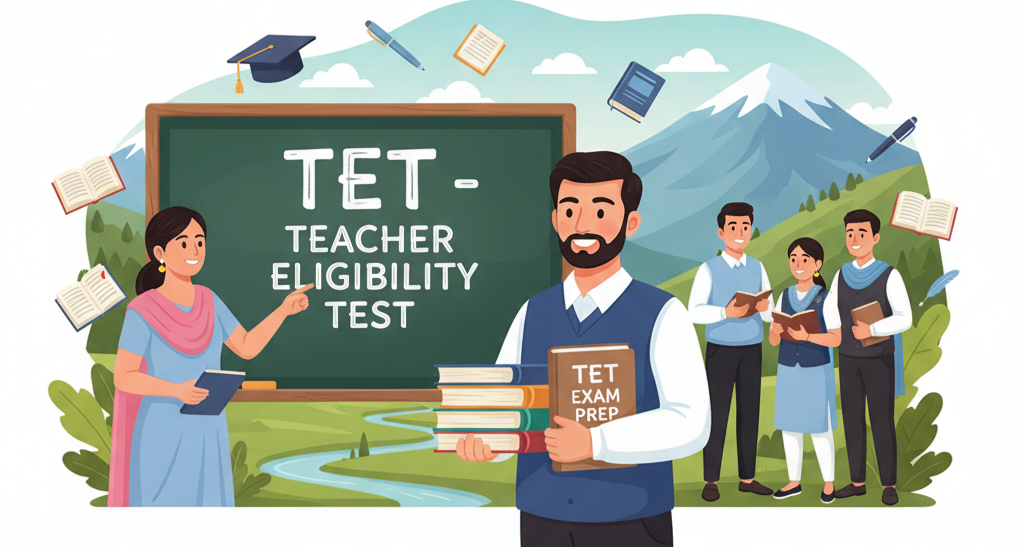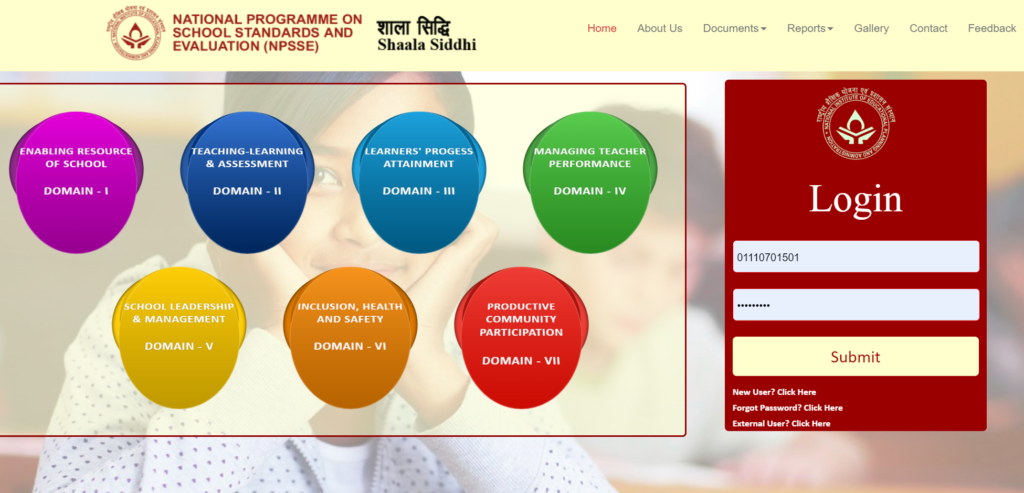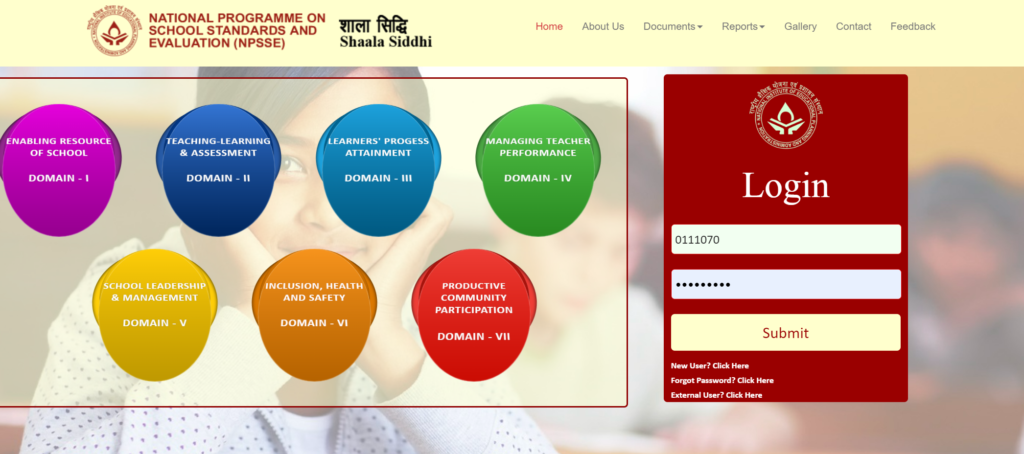
Table of Contents
ToggleJammu and Kashmir TET: What Teachers Need to Know
The Essential Guide for Aspiring Teachers in Jammu & Kashmir
The Jammu and Kashmir TET is the most important qualification for anyone aiming to teach in schools across the Union Territory. Whether you're an aspiring primary teacher or an in-service educator eyeing promotion or continued employment, understanding how the Jammu and Kashmir TET works will save you time and help you plan preparation effectively.
Why TET Matters
TET — Teacher Eligibility Test — was created under the RTE framework to set minimum standards for teachers of Classes I–VIII. Passing TET is a mandatory qualification for recruitment to many government and aided school teaching posts.
Who Conducts the Exam
Responsibility for teacher examinations in Jammu & Kashmir has been handled by education bodies such as the Department/Directorate of School Education and the Jammu & Kashmir Board of School Education (JKBOSE).
Eligibility Basics
Paper I (Primary stage): For Classes I–V. Minimum education is normally a D.El.Ed or equivalent.
Paper II (Upper primary stage): For Classes VI–VIII. Requires graduation in a relevant subject plus B.Ed/D.El.Ed.
Certificate Validity
The validity of TET qualifying certificates has been extended from seven years to lifetime validity, applied retrospectively. This is good news for qualified teachers!
Exam Pattern & Syllabus
Paper I — Primary (Class I–V): Child Development & Pedagogy, Language I & II, Mathematics, Environmental Studies.
Paper II — Upper Primary (Class VI–VIII): Child Development & Pedagogy, Language I & II, and subject specialization.
For In-Service Teachers
This is a legally evolving area. Keep an eye on departmental orders and court rulings that may affect in-service teachers' requirement to clear TET within specific timelines.
How to Apply
- Watch for official notifications on JK education portals
- Read instructions carefully
- Fill the online form within the given window
- Download admit card when released
Preparation Tips
- Start with the official syllabus
- Practice previous years' papers
- Brush up on local language and regional studies
- Join local coaching or online groups
⚠️ Common Pitfalls & How to Avoid Them
- Missing notification window - Subscribe to official portals
- Uploading wrong document formats - Follow size and format limits exactly
- Ignoring eligibility fine print - Check subject-wise requirements
- Relying on unofficial sources - Always cross-check with official orders
Final Word — Plan Now, Act When Notified
If you are a teacher or aspiring teacher in Jammu & Kashmir, keep documents ready, follow official JK education portals, and start focused preparation. The Jammu and Kashmir TET remains the key credential for many school teaching posts.
TET Exam FAQ
Requirements for Candidates with Master's Degrees and Teaching Experience
About the Teacher Eligibility Test (TET)
The Teacher Eligibility Test (TET) is a mandatory qualification exam in India for teachers who want to work in government schools. This FAQ addresses specific questions for candidates who hold a Master's degree or have prior teaching experience.
Yes, a Master's degree alone does not exempt you from passing the TET exam. The TET is a mandatory qualification for teaching positions in government schools, regardless of your other qualifications.
No, prior teaching experience does not exempt you from passing TET. All candidates, regardless of teaching experience, must pass the TET to be eligible for teaching positions in government schools.
However, some states may have different rules for experienced teachers in private schools transitioning to government schools. Always check your state's specific guidelines.
While a Master's degree doesn't exempt you from TET, it may provide several advantages:
- Some states award additional points or weightage during the selection process
- Higher starting salary in many cases
- Eligibility to teach higher classes or specialized subjects
- Better career progression opportunities
The TET exam structure is generally the same for all candidates, regardless of their qualifications. However, candidates with a Master's degree typically take the TET for higher classes (such as Paper II for classes VI to VIII) rather than Paper I (for classes I to V).
The exam pattern and syllabus remain consistent, but your advanced knowledge from a Master's program may help you perform better in the subject-specific sections.
Yes, in addition to passing TET, you typically need to complete a Bachelor of Education (B.Ed) or equivalent teacher training program to be eligible for teaching positions in government schools.
Some states may have different requirements, so it's essential to check the specific eligibility criteria for your state's education department.
Teaching experience can be beneficial in several ways:
- Practical classroom experience helps with pedagogy-related questions
- Familiarity with child psychology and development concepts
- Better understanding of teaching methodologies
- Experience with diverse learning needs and inclusive education
However, you still need to thoroughly prepare for the theoretical aspects and specific syllabus of the TET exam.
Age relaxation policies vary by state. Some states may provide age relaxation for experienced teachers or candidates with higher qualifications, but this is not universal.
You should check the specific notification for the TET exam in your state to understand if any age relaxations apply to your situation.
Official information about TET exams is available on:
- The official website of your state's education department
- The Central Board of Secondary Education (CBSE) website for CTET
- National Council for Teacher Education (NCTE) website
- Official exam notifications published in leading newspapers
Always refer to these official sources for the most accurate and up-to-date information.


